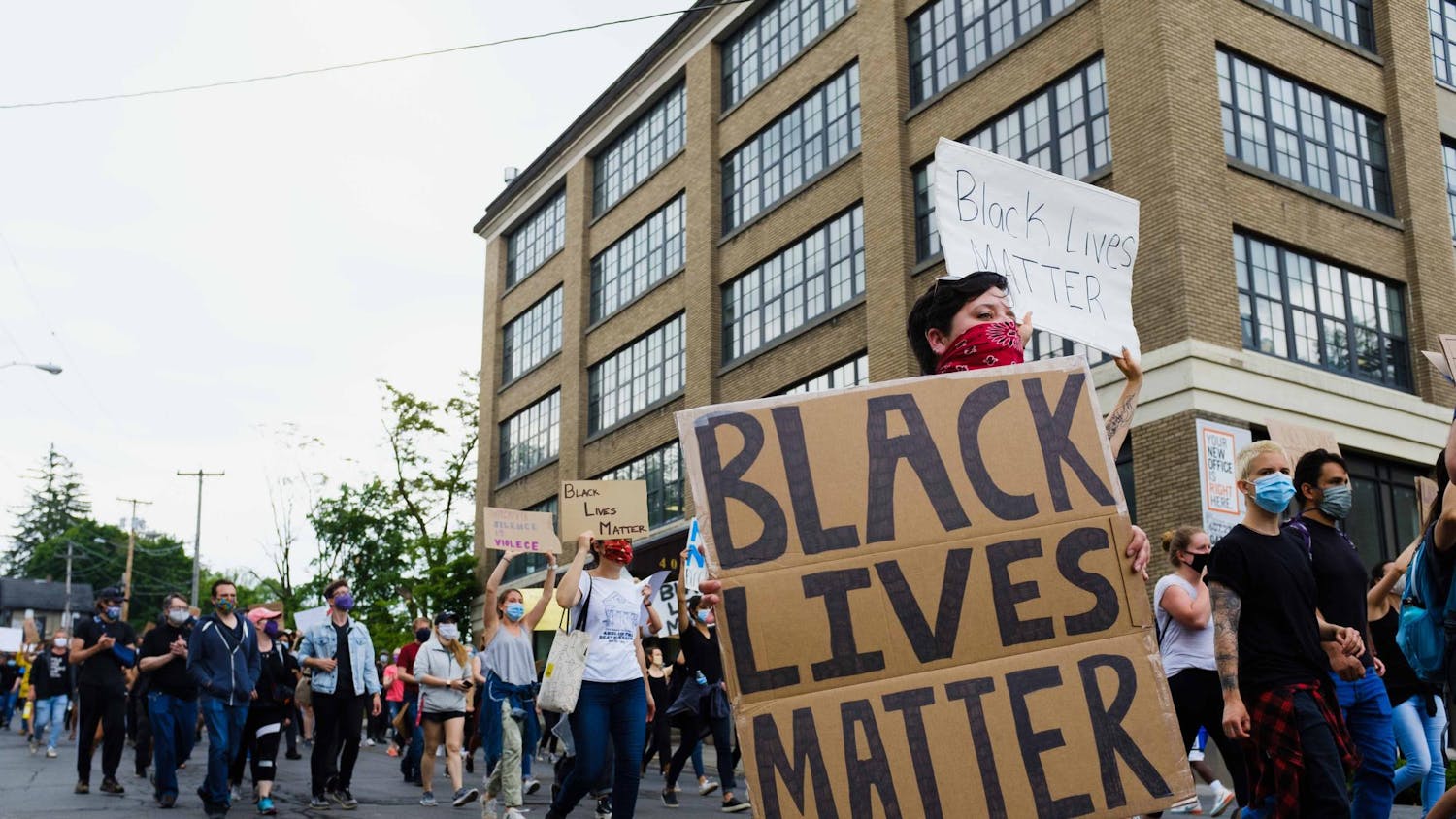President Michael Kotlikoff signed a statement condemning the federal government’s political interference in universities as “endangering American higher education” this week.
The letter, published by the American Association of Colleges and Universities, was signed by 238 higher education leaders — including all Ivy League presidents except Dartmouth College.
In the letter, Kotlikoff and other signatories call for “constructive engagement” between higher education institutions and the federal government, urging the government to halt actions threatening academic freedom, research and the security of international students.
“We are open to constructive reform and do not oppose legitimate government oversight,” the letter reads. “However, we must oppose undue government intrusion in the lives of those who learn, live, and work on our campuses.”
The letter emphasizes the diversity of American higher education institutions, ranging from research universities to community colleges, affirming their right to self-determine admissions and curricula. A shared commitment to academic freedom and open inquiry is highlighted within the letter.
Kotlikoff’s endorsement marks a notable shift following months of mounting tension between universities and the federal government. Kotlikoff has previously been criticized for a cautious approach, notably pledging to “follow the law” in response to federal guidance regarding a since-relaxed executive order to end “racial preferences” in admissions, institutional programming and hiring.
Kotlikoff’s signature signals alignment with institutions taking a collective stand against the Trump administration, and it follows Cornell joining two major lawsuits against the federal government regarding grant cuts in the past months.
Cornell’s Acknowledgement of Deportation on Campuses
In the AAC&U statement, Kotlikoff and other signatories also addressed threats of deportation on university campuses, writing that such threats are stifling academic discourse.
“Our colleges and universities share a commitment to serve as centers of open inquiry where, in their pursuit of truth, faculty, students, and staff are free to exchange ideas and opinions across a full range of viewpoints without fear of retribution, censorship, or deportation,” the statement read.
Cornell reported that 17 current and former students had their SEVIS records terminated, out of which four had their visas revoked since President Donald Trump took office in January.
On March 31, international Ph.D. student Momodou Taal self-deported after being asked to turn himself in to U.S. Immigration and Customs Enforcement following a weeks-long struggle with the federal government that began when he sued the Trump administration.
“American institutions of higher learning have in common the essential freedom to determine, on academic grounds, whom to admit and what is taught, how, and by whom,” the letter reads.
Cornell Lawsuits Against DOE and NIH Funding Cuts
Cornell has taken stances challenging the Trump administration before.
In February, Cornell joined 11 other universities in a lawsuit against the National Institutes of Health for funding cuts, which were later temporarily paused by a federal judge.
In a statement about the lawsuit against NIH on Feb. 10, Kotlikoff wrote that the University was taking this “unprecedented step” due to the “unprecedented nature and enormous impact of this action by the NIH.”
“While we welcome a thoughtful process of evaluation of indirect costs if the research capabilities of America’s universities are destabilized and undermined in this way, no institutions will be capable of filling the void of discovery and innovation as a public good,” Kotlikoff wrote.
In April, the University joined a lawsuit suing the U.S. Department of Energy, claiming that cuts to indirect costs for research grants were ”unlawful.”
This decision comes amid a funding freeze of over $1 billion in federal contracts and over 90 stop-work orders sent to the University. A Trump administration official confirmed that the funding freeze was in connection with ongoing Title VI investigations.
Cornell, along with 59 other universities, was warned by the U.S. Department of Education to address antisemitism on their campuses under Title VI of the Civil Rights Act [of 1964] or face “enforcement action” on March 10. The ED statement specified that the letters were addressed to educational institutions with ongoing investigations for Title VI violations related to antisemitic harassment and discrimination.
The AAC&U wrote that the utilization of grant and fund restrictions was “coercive.”
“We will always seek effective and fair financial practices, but we must reject the coercive use of public research funding,” the statement wrote.

Kristie To is a member of the Class of 2028 in the College of Agriculture and Life Sciences. Kristie is a senior writer for the News department and can be reached at kto@cornellsun.com.

Sofia Loayza is in the College of Agriculture and Life Sciences. She is a senior writer for the News department and can be reached at sloayza@cornellsun.com.











